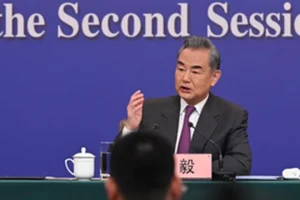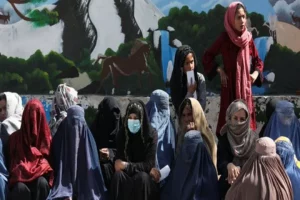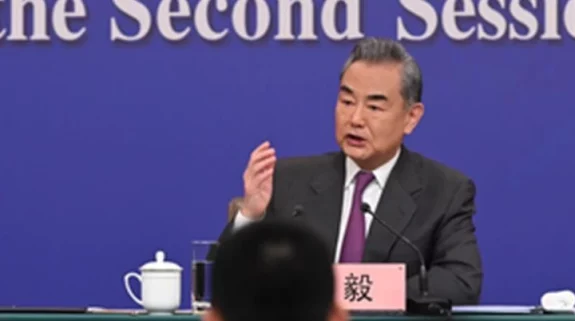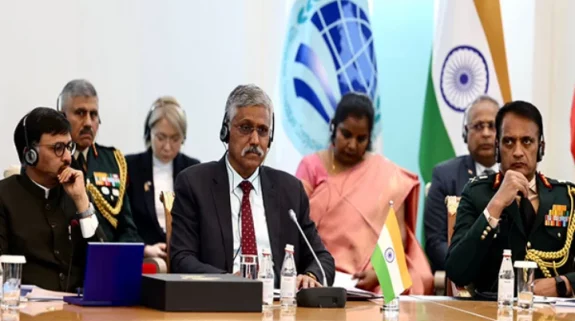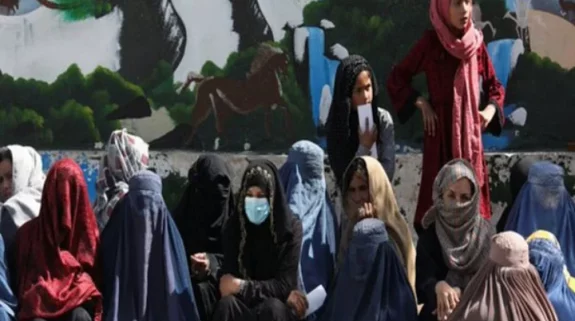In a message to China, Vietnam is showing how controlled social media tolerance is not only possible, but can be positively leveraged to project the official narrative.
Social media such as Facebook can also become an ally in virtual space to spur online business.
The spearhead of Hanoi’s online hearts- and- minds campaign is Force 47. This is the source of Vietnam military’s online information warfare, says a Reuters report. The unit is made of thousands of soldiers who, apart from their routine duties, also set up, moderate and post on pro-government Facebook groups.
Unlike neighbouring China, Vietnam does not block Facebook, which has 60 million to 70 million users, according to the report.
Also Read: Vietnam’s success on vaccine front to help it steer clear of old foe China
Facebook is also a key e-commerce platform, supporting Vietnamese businesses, yielding an annual revenue of $1 billion.
Looking at net benefit, the pragmatic Vietnamese have not shut down social media, despite Facebook emerging as a major platform for airing dissent.
The Reuters report quoting social media researchers says that the Force 47 group may be the largest and most developed influence network in Southeast Asia.
Unlike Vietnam, which avoids a sledgehammer approach, China has been rapidly tightening its social media restrictions.
China imposes its control over internet traffic through the Great Firewall—a combination of tools, both legislative technological to regulate the flow of internet traffic from foreign sources such as Google, Facebook and Twitter
In early 2015, the Chinese Communist Party added the Great Cannon to the Great Firewall to further tighten information flow via the internet into China.
“Unlike the Great Firewall, which has the capacity to block traffic as it enters or exits China, the Great Cannon is able to adjust and replace content as it travels around the internet,” the Guardian newspaper reported.
Besides, the Chinese have expanded their cyber-army of people exponentially. Around 2 million people became part of China’s massive cyber-army by 2013 alone, the Guardian report said. “They are employed across government propaganda departments, private corporations and news outlets,” the report observed.
Also Read: In tit-for-tat response to China, Vietnam increases maritime militia in South China Sea










